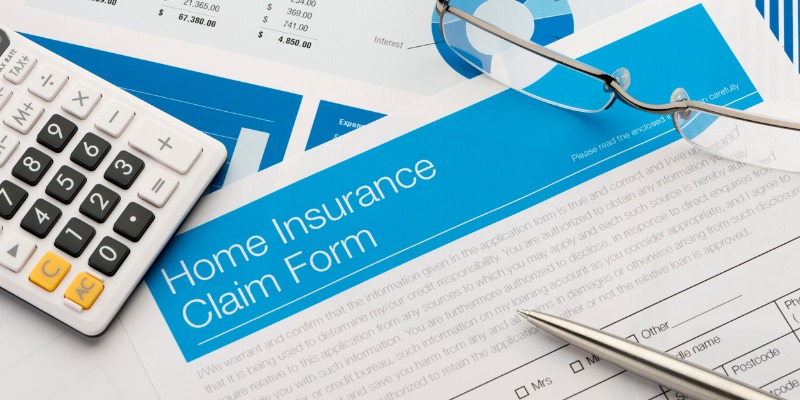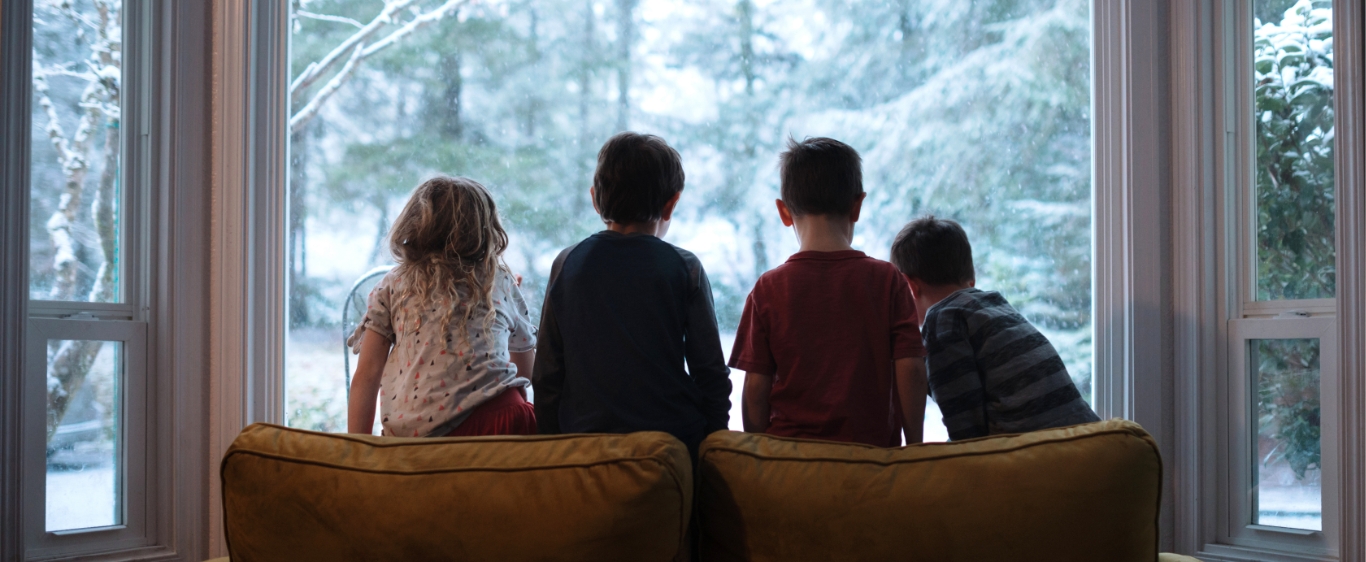
Your home insurance premiums and deductibles can be a concerning cost. You want to make sure that you have the coverage that you need, but you don’t want your insurance to be too expensive. Unfortunately, fireplaces are one of the things that can raise your home insurance costs. Insurance costs are based on your insurance company’s assessment of your risk in your home. Fireplaces can increase the risk of fire and smoke damage. Learn what you need to know about fireplaces and their effect on your home insurance below.
How Will Your Fireplace Increase Your Home Insurance?
Technically, anything that heats your home increases your home insurance costs. It all adds a slight risk. A fireplace can add varying levels of risk depending on a few factors. Risks might include:
- Fire: Wood burning fireplaces increase the risk of fire in your home. Electric and gas fireplaces can do the same, but they add a risk of an electrical fire, not of fire originating from woods.
- Smoke: Fireplaces can all create smoke damage, especially if they are not maintained properly.
- Carbon monoxide: Fireplaces can produce carbon monoxide, a serious health hazard. You should have carbon monoxide detectors installed to mitigate this risk.
- Heat: The more heat that a fireplace can produce, the more risk that is involved.
Gas fireplaces are among the least risky and won’t raise your insurance by very much. The same goes for electric fireplaces. However, wood-burning fireplaces carry more risk and can increase your home insurance costs more. This may be up to $100 or 10% of your current home insurance rates.
Stay extra cozy this winter by adding a fireplace to your home. To learn more, contact our experts at Guelph Climate Care today.

How to Reduce Your Risks
You can reduce the risks associated with a fireplace, and even reduce your insurance premiums in some cases, with these safety precautions:
- Proper installation: Much of the safety of a fireplace is determined in that initial installation. Use a fireplace technician that you trust to do the install.
- Regular maintenance: Proper fireplace maintenance will prevent the build-up of soot, creosote and other potentially harmful substances, keeping proper airflow and significantly improving the safety of the fireplace.
- Carbon monoxide alarm: In the rare event that you have a carbon monoxide leak, this alarm will alert you and prevent harm.
- Smoke alarm: Every home needs smoke alarms, but they are especially important when you have a fireplace, especially a wood-burning one.
Negotiating Your Home Insurance
You don’t have to accept your insurance company’s first offer. You can typically negotiate many of the aspects of your home insurance, including your premiums, deductibles, coverage amount, and more. If you want a fireplace, you should still be able to find an affordable policy to cover it.
It’s important to make sure you and your family stay warm during the winter months. At Guelph ClimateCare, we can help you with all of your heating services and concerns. Call us today to speak to our experts.








